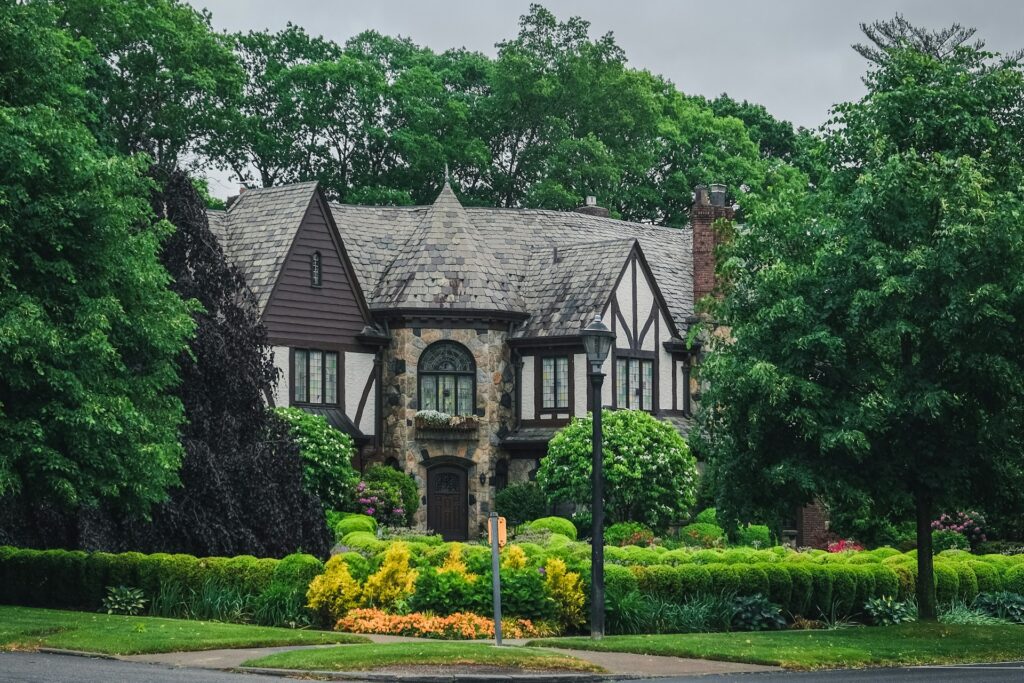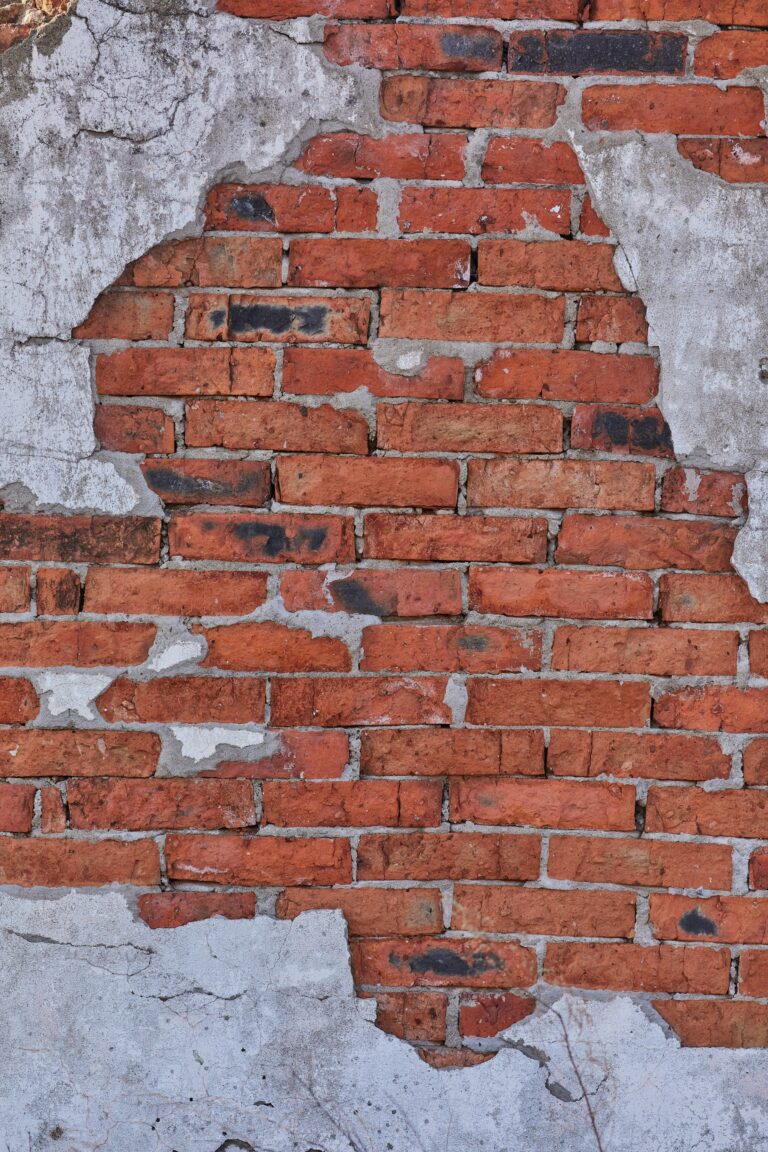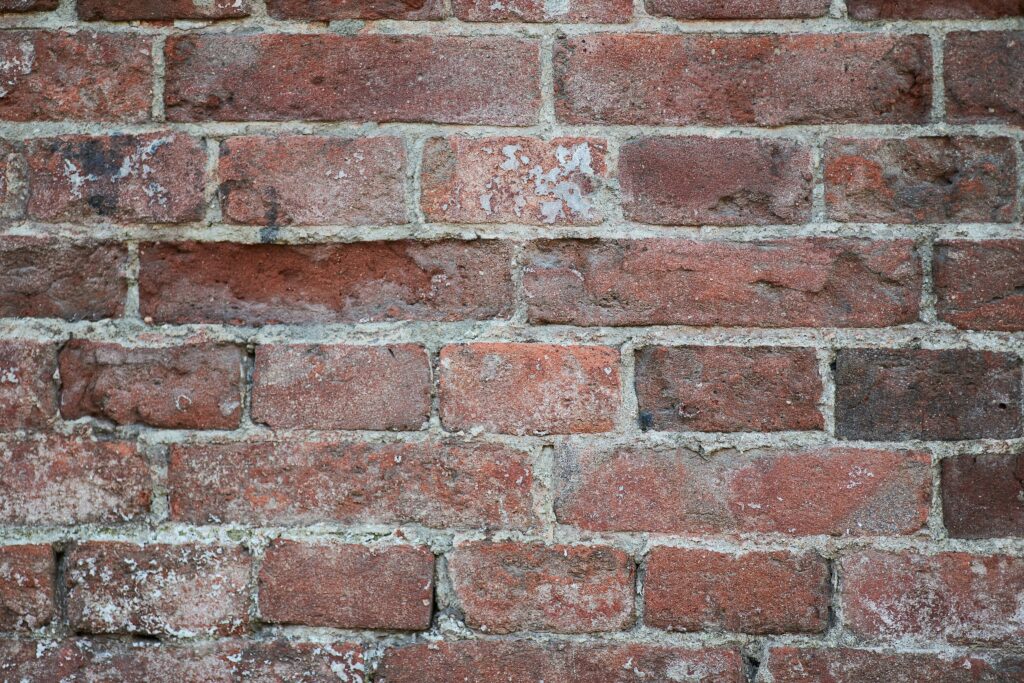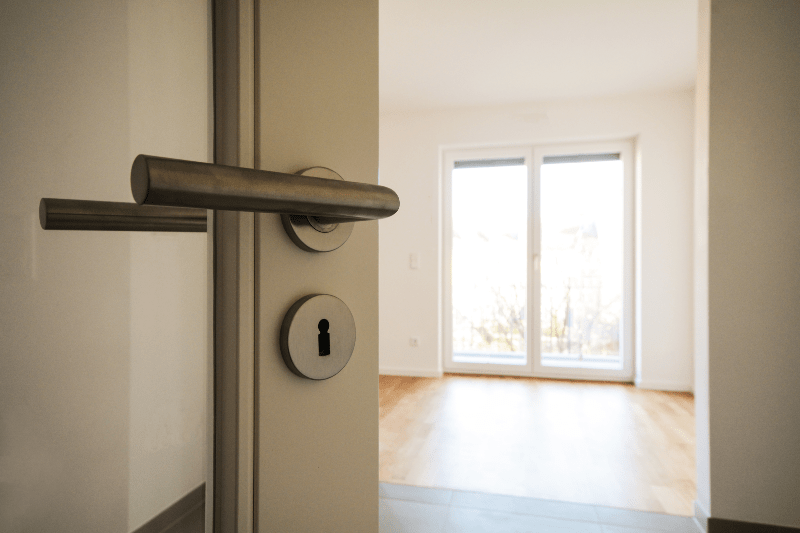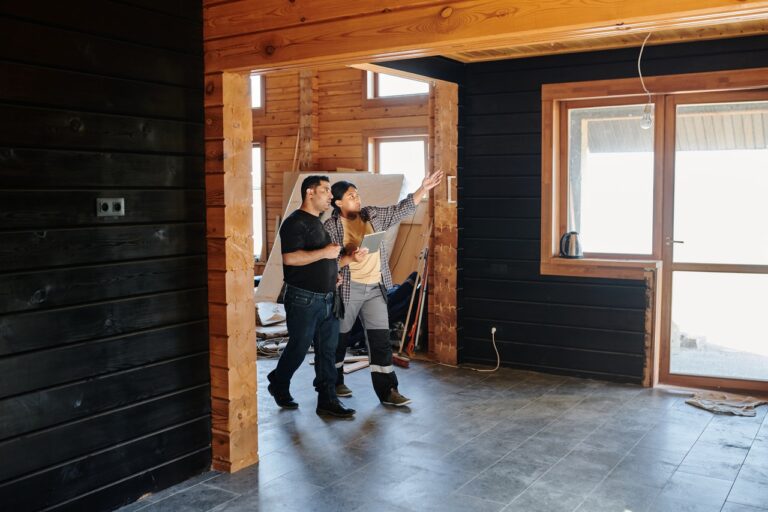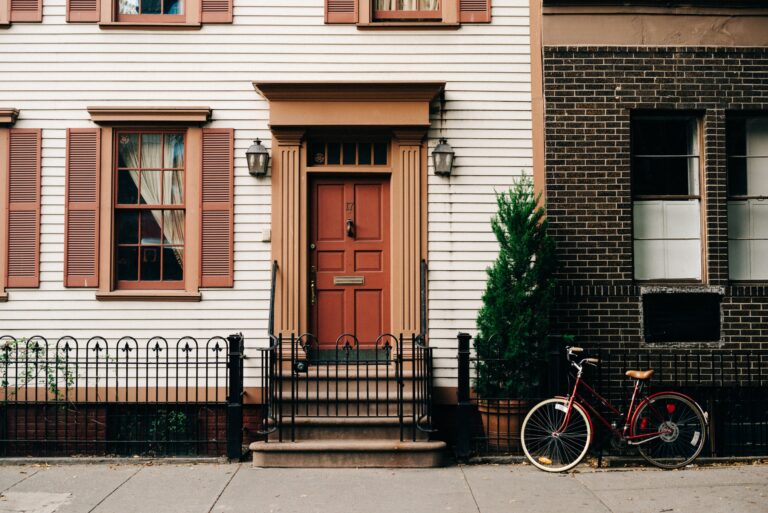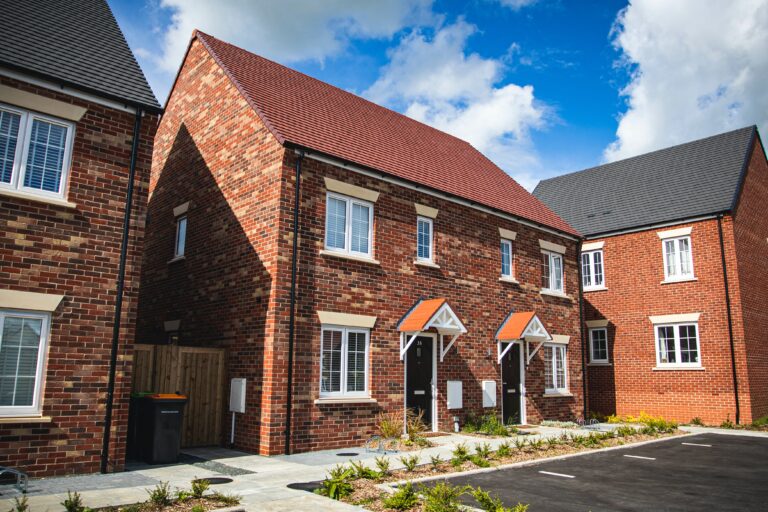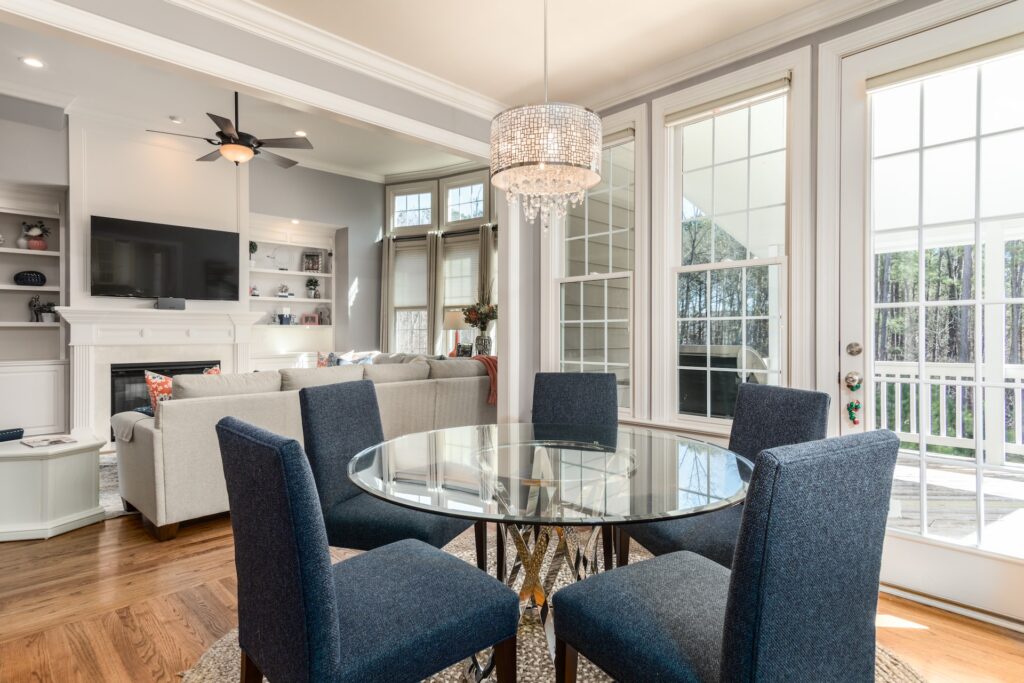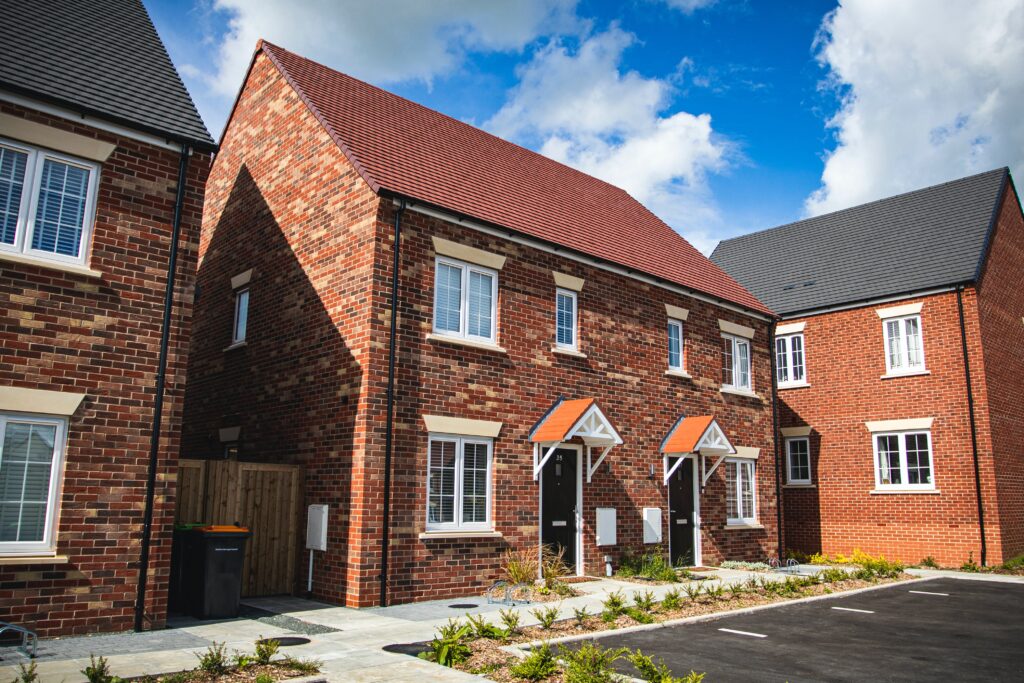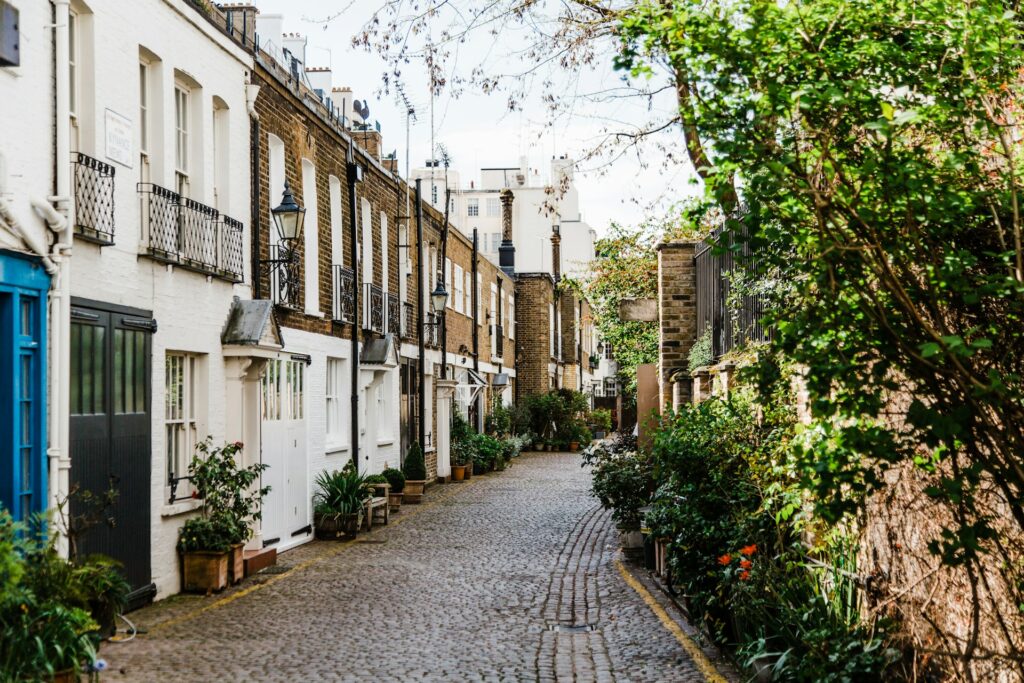
Buying a house can be a really stressful process. There are so many things to consider, and this can take away some of the excitement. A crucial part of buying a house is getting your chosen property surveyed. We are going to look at what is included in a house survey and what to expect from your surveyor. So, why is a house survey so important?
A house survey is vitally important because it can highlight any potential defects that a property may have. These issues could devalue the house and therefore allow you to weigh up any potential costs for the work required and negotiate your offer price accordingly.
Read on for more information on what is included in a house survey checklist.
Jump to section:
- What Shows up on a House Survey?
- Does a Surveyor Check the Roof?
- Will a Surveyor Go in the Loft?
- Does a House Survey Check Electrics?
- Does a Surveyor Look in Cupboards?
- Will a Surveyor Check the Boiler?
- Will a Surveyor Find Damp?
- Does a House Survey Check Plumbing?
- Does a House Survey Check the Garden?
- Does a Surveyor Check Windows?
- Do Surveyors Check Flooring?
- Do Surveyors Check Showers?
- Do Surveyors Take Photos?
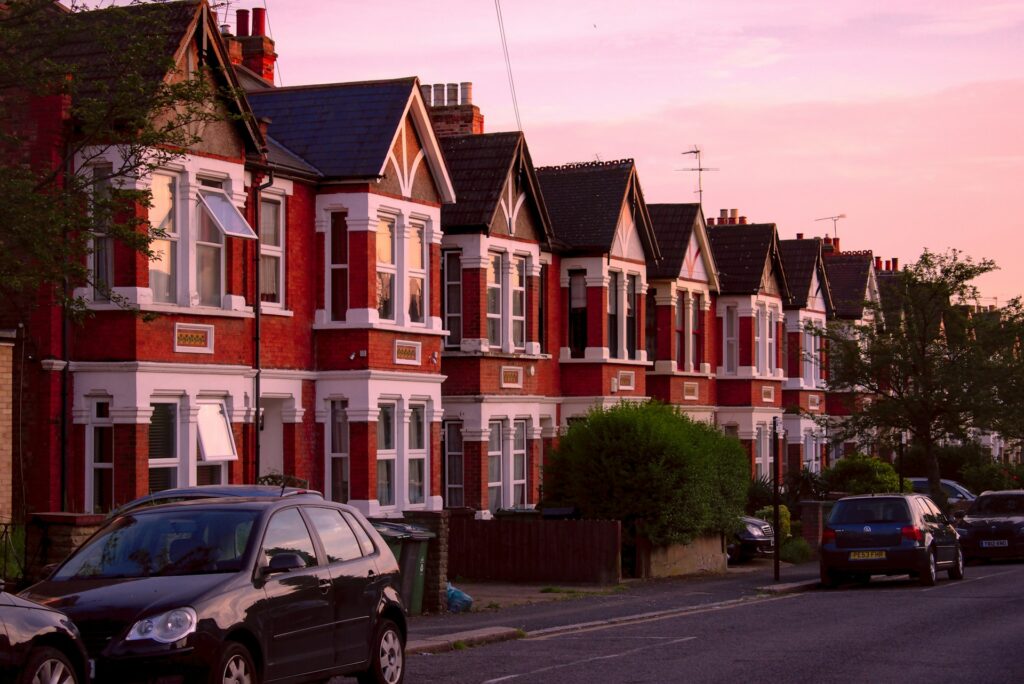
What Shows up on a House Survey?
A house survey is a physical inspection of the property you are purchasing. You should expect to see information relating to:
- Walls & Ceilings
- Uncovered flooring
- Chimney & Flues
- Windows
- Joinery
- Roof
- Fireplaces
- Damp checks
- General construction
- Outside areas including outbuildings, fences and boundary walls.
Does a Surveyor Check the Roof?
A surveyor will do a visual check of the roof and gutters. Usually they will stand across from the property to check for any signs of required repair. They do this to check the general condition and note anything such as missing roof tiles or gutter issues. If you believe there is a problem, it is important to communicate this so the surveyor can take a look for you.

Will a Surveyor Go in the Loft?
If access to the loft space is available, a surveyor will go into the loft space during their inspection. They will do visual checks of the space, if there are items in the loft they will not be allowed to move these. They do this to check for any signs of damp or mould, and any visible signs of a leak. Do bear in mind that if you are having an inspection in dry weather, a leak may not always be picked up.
Do Surveyors Check Insulation?
A surveyor will not handle or move any loft insulation. However, they can note on the house survey checklist if insulation is present and its condition so you don’t have to check yourself.
Does a House Survey Check Electrics?
Electrics are a specialist area that a surveyor can’t fully inspect. They cannot check for electrical faults or make suggestions on work you may need. A visual inspection of the fixtures and fittings is completed, but this may not give an accurate picture of how efficient the electrical system is overall.

Does a Surveyor Look in Cupboards?
Large cupboards such as under the stairs or where the boiler is kept will be inspected. There is generally no need to look through kitchen cupboards unless the client has requested otherwise.
Will a Surveyor Check the Boiler?
A surveyor will do a visual inspection of the boiler and assess it for any cracks or leakage. They cannot check the installation or pipework. They may also note down the type of boiler fitted in the property.
Do Surveyors Check Radiators?
No, home surveys do not include checking central heating systems. A surveyor can obtain an EPC (Energy performance certificate), which provides information on the energy efficiency of the home. The surveyor will also use this in the house inspection to check for any discrepancies.

Will a Surveyor Find Damp?
A surveyor will inspect the property for damp. They will have a specialist damp meter that can assess moisture levels and indicate if there is an issue. A surveyor will be experienced in what to look for and will check ceilings, floors, and walls for any damp indicators.
Do Surveyors Check Every Wall for Damp?
Surveyors will check areas that are more prone to developing damp. If they suspect there is damp, they will further check this using their damp meter. This gives a reading of the moisture content. Damp usually occurs on external walls, so they are likely to pay these the most attention.
Does a House Survey Check Plumbing?
A surveyor may run taps and visually check exposed pipes, but cannot provide specialist advice. Plumbing and pipework is a specialist area that should be checked by a certified tradesperson if you believe there is an issue.
Do Surveyors Flush Toilets?
Yes, a surveyor will flush the toilet. Perhaps something you wouldn’t think to do when viewing a property. It acts as a basic way to check the drainage system is functioning so that if an issue occurred you would be made aware.
Do Surveyors Check Drains?
No, a surveyor may run taps and flush the toilet but they cannot do a full assessment on the drainage. Any drainage covers on the property will be visually checked but a surveyor cannot carry out a full inspection.
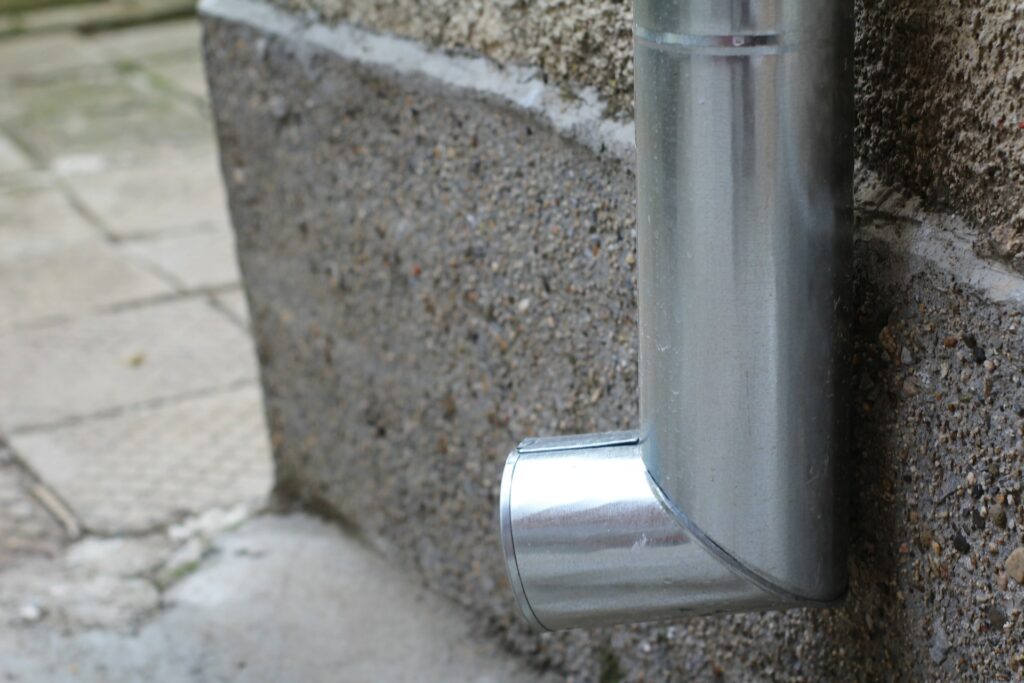
Does a House Survey Check the Garden?
A house survey would include checking outside the property, up to the boundary walls. Fences, outbuildings, garages, and land specified in the deed would be inspected. A surveyor would check for any presence of Japanese Knotweed, an invasive and difficult plant which would significantly affect the property.
Does a Surveyor Check Windows?
Windows are part of the house survey checklist, however they would not all be checked. The type of windows installed would be noted, as well as any visible issues. Your surveyor may perform a spot check of opening a window, but would not be expected to check all in the same way.
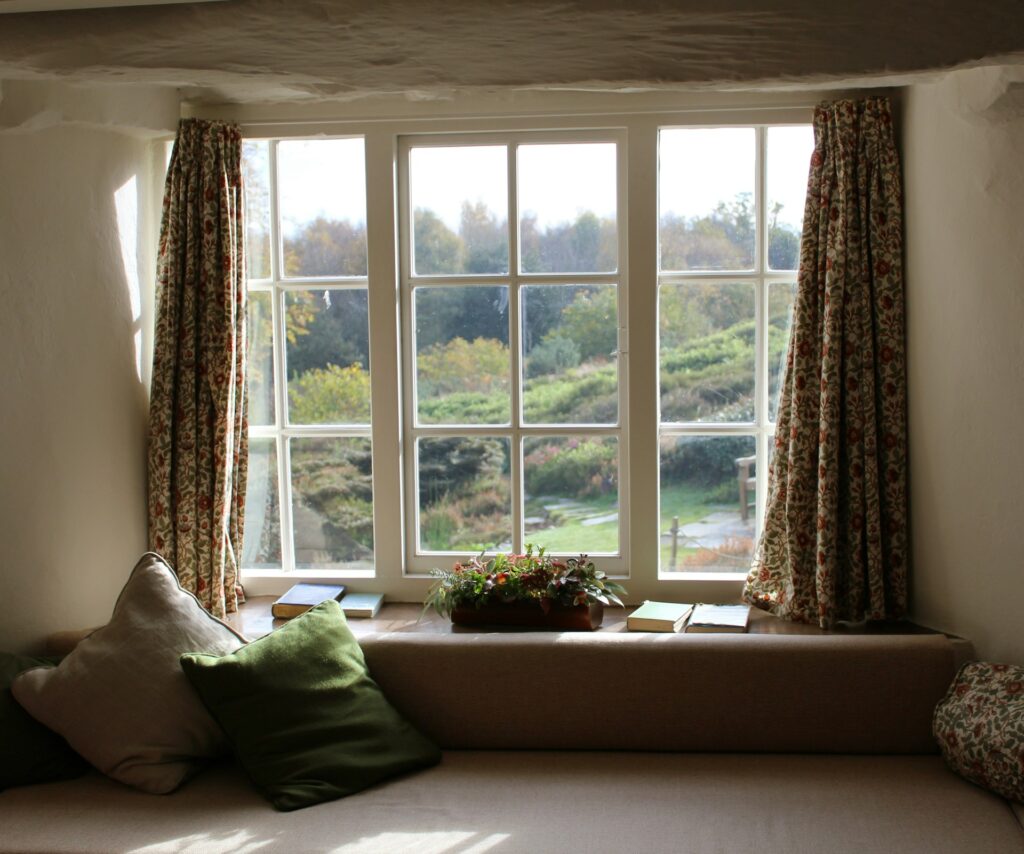
Do Surveyors Check Flooring?
Any flooring which is exposed, so original flooring such as floorboards, would be visually checked. The surveyor would not lift up carpets or any other flooring to inspect what is underneath.
Do Surveyors Lift Floorboards?
No, a surveyor is not permitted to lift floorboards or floor hatches, except for those leading to a cellar so they are able to inspect that space.
Are Surveyors Allowed to Move Furniture?
No, a surveyor will not move furniture around. A house survey is to inspect a property visually, so there should be no requirement for moving items of furniture. If there is a particular area that is obstructed by furniture that you would like checking, try to clear this before the inspection date.
Do Surveyors Check Showers?
Showers may be checked during a home survey however it isn’t a mandatory check. They may want to note whether it is in working condition. Any plumbing associated with the shower would not be checked.
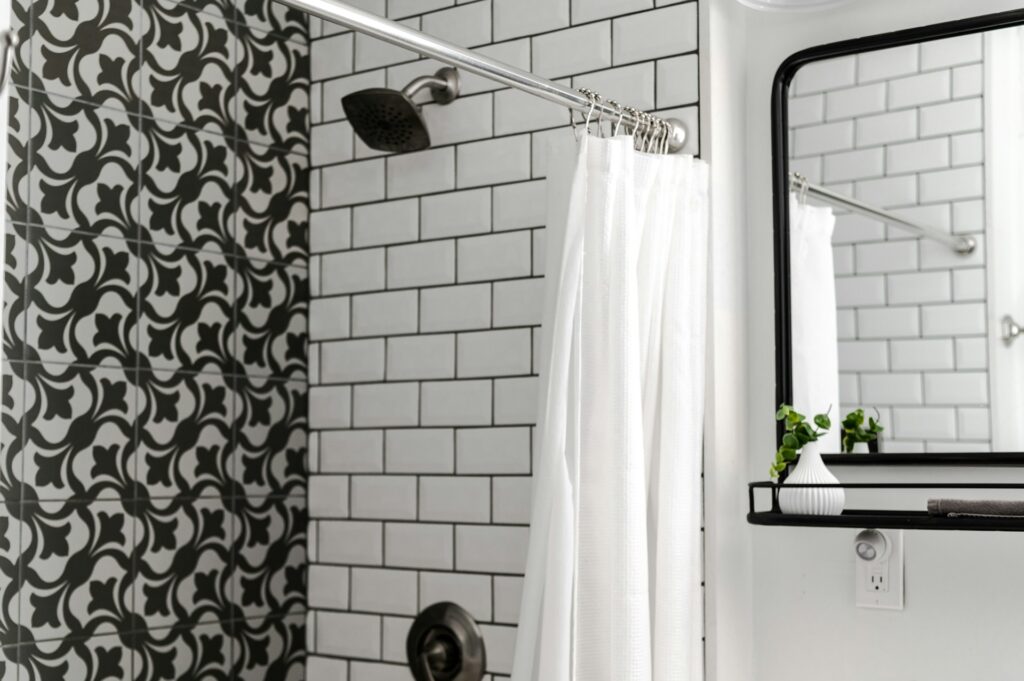
Do Surveyors Take Photos?
Yes, a house survey may include some photographs of the property. It may include general front or rear images of the property or a more specific area of the house to aid with their findings.
RICS House Surveys With Crest Surveyors
At Crest Surveyors we provide professional, detailed house surveys for properties in London and the surrounding areas. An RICS level 2 house survey is an important part of purchasing the right property for you. Knowing about potential defects before confirming your offer could help you to negotiate the price down. It’s also nice to know ahead of moving in if there are any issues you could fix beforehand. Depending on the results it could mean you change your mind altogether. See the specifications for the level 2 survey.
We also carry out the RICS Building survey (level 3) in London and the surrounding areas. This is a survey that covers all of level 2, but also focuses on the structural elements of the building.
This survey is useful for properties:
- That have obvious structural damage or defects.
- That has a history of structural damage.
- Where the building is over 100 years old, or is a listed building.
- Where the property has been extended or altered.
This survey will outline any issues and is much more in-depth. See the level 3 specifications for more in depth information
. If you are unsure of which survey is best for you the RICS have a helpful guide on all types of survey available. Contact our RICS qualified specialists today to discuss or book in your property survey.




